Five British Tech Firms Leading in Artificial Intelligence
Last year, America’s actors went on strike over pay and the implications of artificial intelligence increasing automation of their roles. While pay is a current issue, AI’s future impact extends far beyond Hollywood.
Traditional creative industry structures are being challenged by technology. Generative AI creates new content from prompts, producing fresh writing, music, and images almost instantly. This has put Britain’s creative and technology sectors, two economic cornerstones, at odds.
This impressive content originates from vast amounts of human-generated material. Developers seek the best content to train their AI, leading some in the creative industry to accuse tech companies of industrial-scale copyright breaches, often referred to as “data scraping.”
Lawsuits, such as that between The New York Times and OpenAI, reflect these tensions. Licensing deals and emerging regulations are expected.
Generative AI’s growth also profoundly impacts human creativity and jobs. Amid this upheaval, promising tech companies stand ready to capitalize. According to Beauhurst research, these are five of Britain’s most well-funded private firms targeting the creative industries.
Synthesia
This “synthetic media” company eliminates the need for professional actors and film crews by creating AI-generated videos featuring lifelike avatars speaking multiple languages. Established in 2017 by Victor Riparbelli and others, it has raised approximately £115 million from investors like Accel and Nvidia. Its videos, primarily for corporate use, would otherwise be text documents or slides.

Although it doesn’t aim to create Hollywood films, Synthesia’s technology can produce tailored adverts, exemplified by a campaign featuring David Beckham speaking nine languages.
ElevenLabs
The brainchild of Mati Staniszewski and Piotr Dabkowski, founded in 2022, ElevenLabs aims to rectify poor dubbing of American films. It quickly gained attention for creating lifelike synthetic voices, converting text to natural-sounding speech. Backed by Sequoia and Andreessen Horowitz, it has raised £79.5 million.
The technology finds use in audiobooks, virtual assistants, and more, translating audio across languages. However, ethical concerns about voice cloning for nefarious purposes have led ElevenLabs to restrict voice cloning of prominent figures.
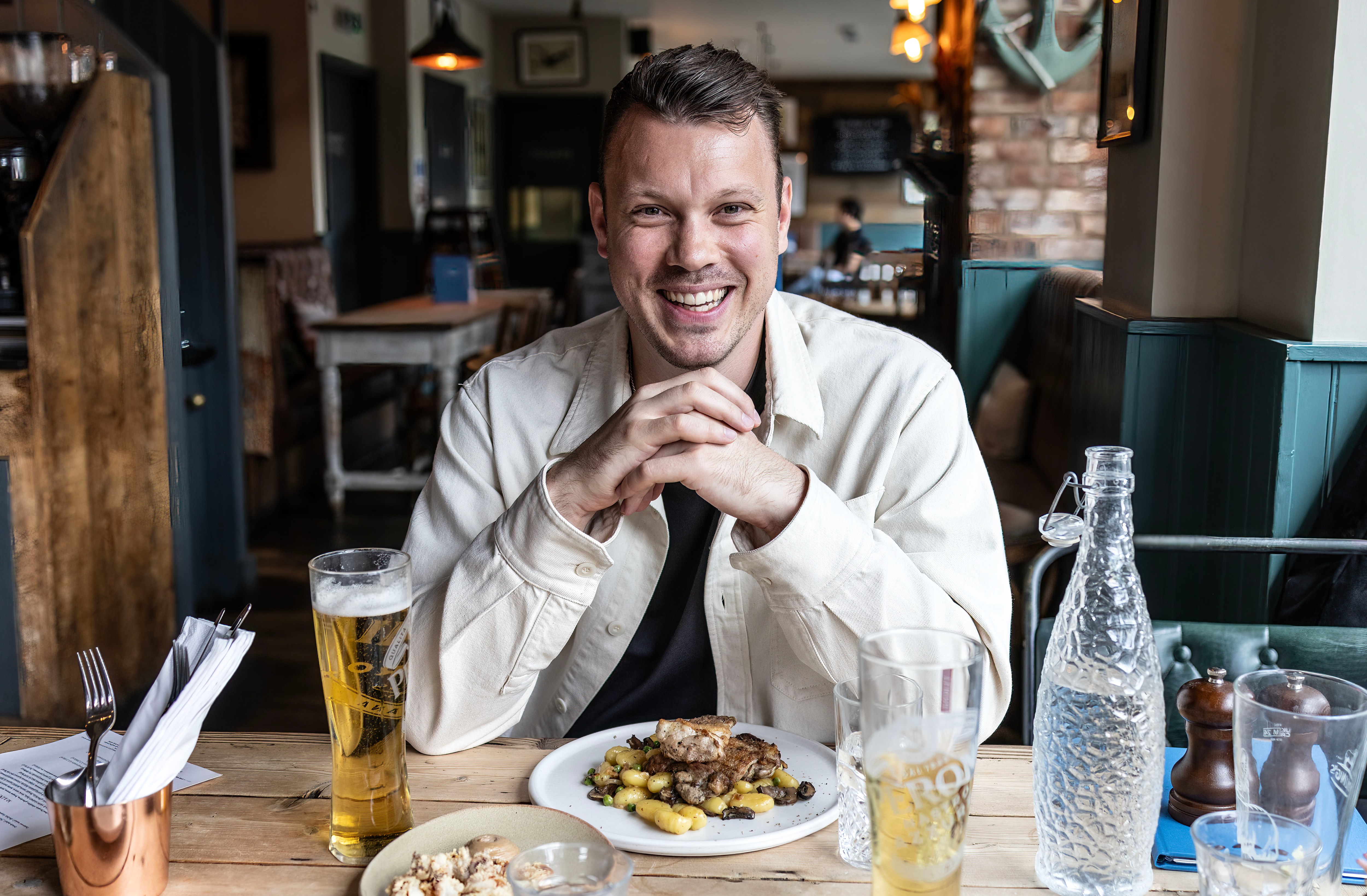
Stability AI
Founded in 2019, Stability AI’s Stable Diffusion creates artwork from text commands. Despite challenges, including the departure of founder Emad Mostaque, it has new leadership and secured £196 million in funding. Involved in legal disputes over alleged copyright breaches, it continues to develop powerful AI models for creative professionals.
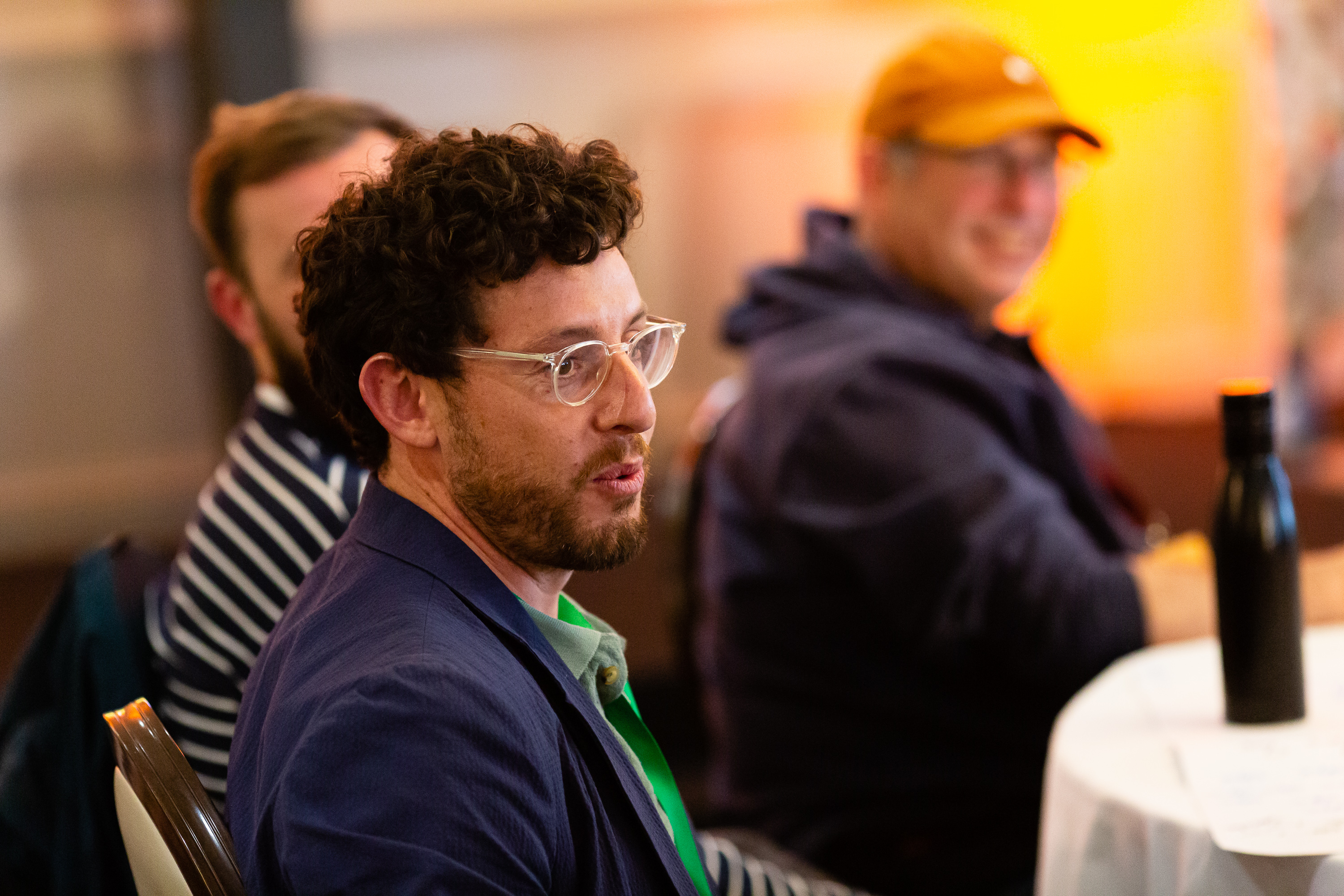
“Our models have huge potential across creative industries, aiding workflow and creativity,” stated a Stability AI representative.
Signal AI
Originating in a garage, Signal AI was founded over a decade ago by David Benigson and Miguel Martinez. Initially luring investors with free MOTs, it now boasts £77 million in funding from backers such as Hearst and Guardian Media Group. Signal AI analyzes vast “unstructured” data for insights, serving clients like Meta and HSBC.

Benigson emphasized that the technology itself doesn’t replace jobs, but those skilled in using it might. These tools can supercharge and scale human capabilities.
SafeToNet
Founded by Richard and Sharon Pursey, SafeToNet addresses the dangers faced by children online. They developed AI technology to block harmful content and prevent the sharing of explicit images. Supporting Britain’s Online Safety Bill, they advocate for embedding safeguards within mobile devices.
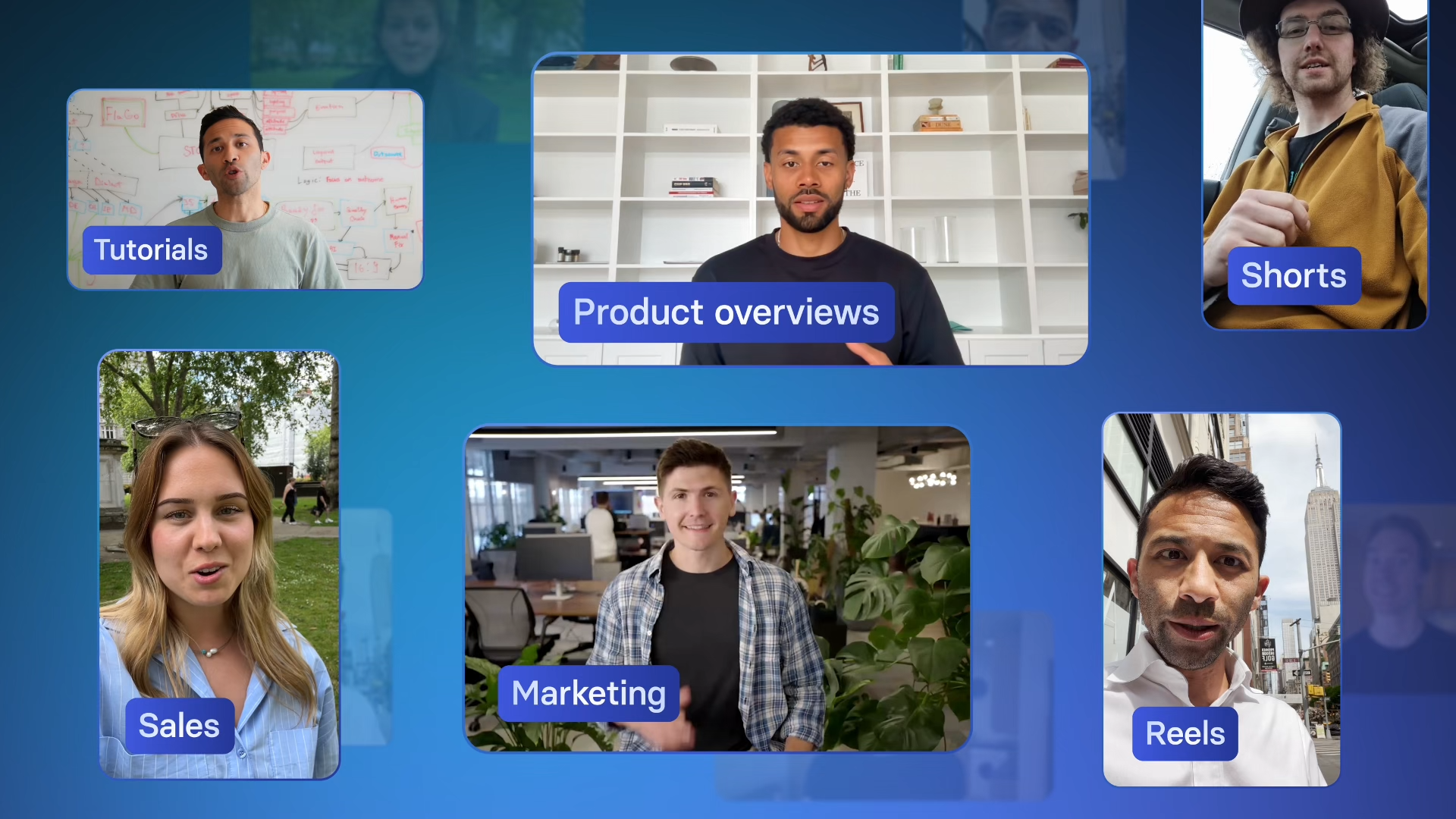
Employing 200 people across multiple countries, SafeToNet has secured £42.6 million in funding, mainly from private investors focused on safety over quick financial returns.
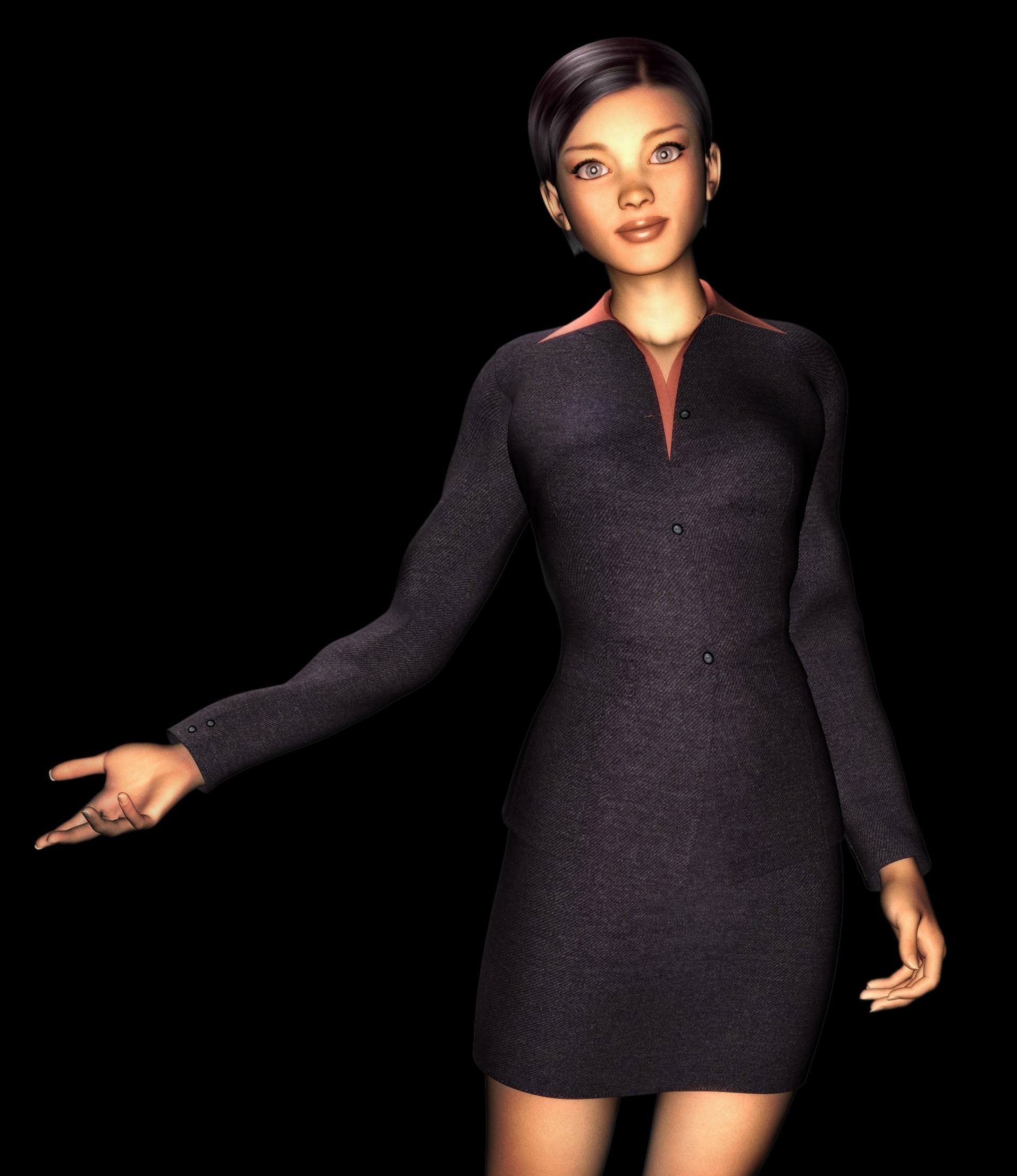
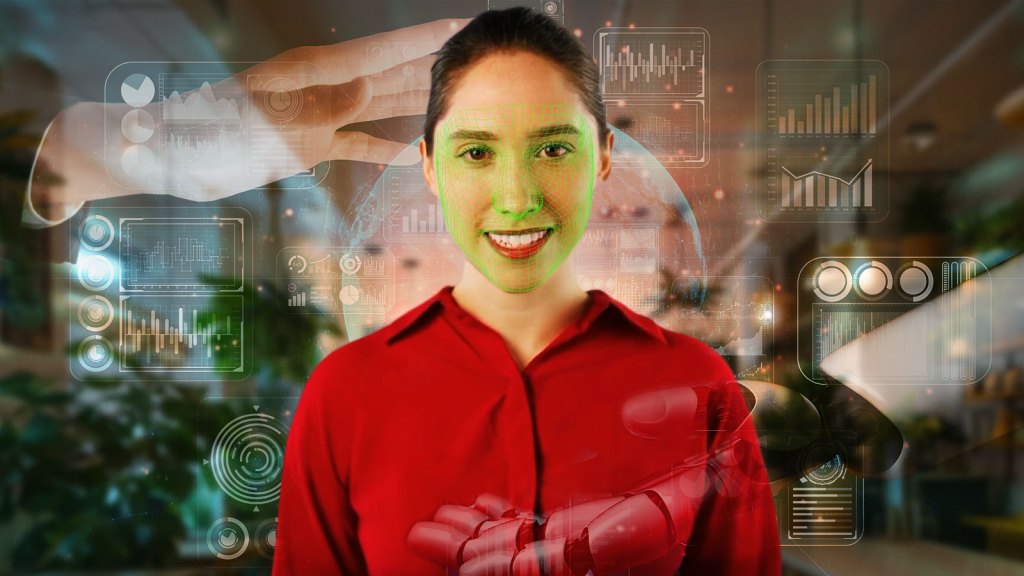

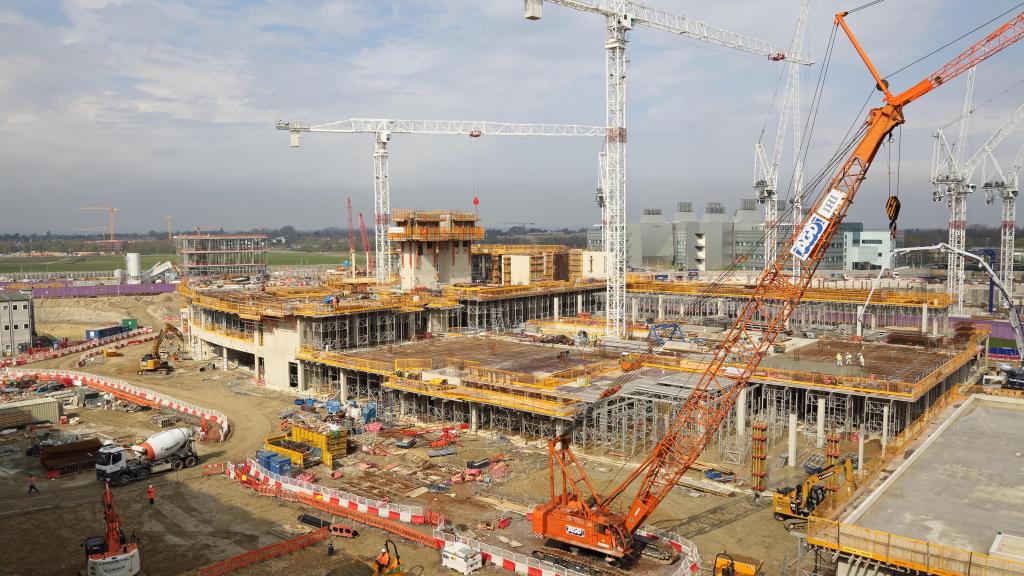
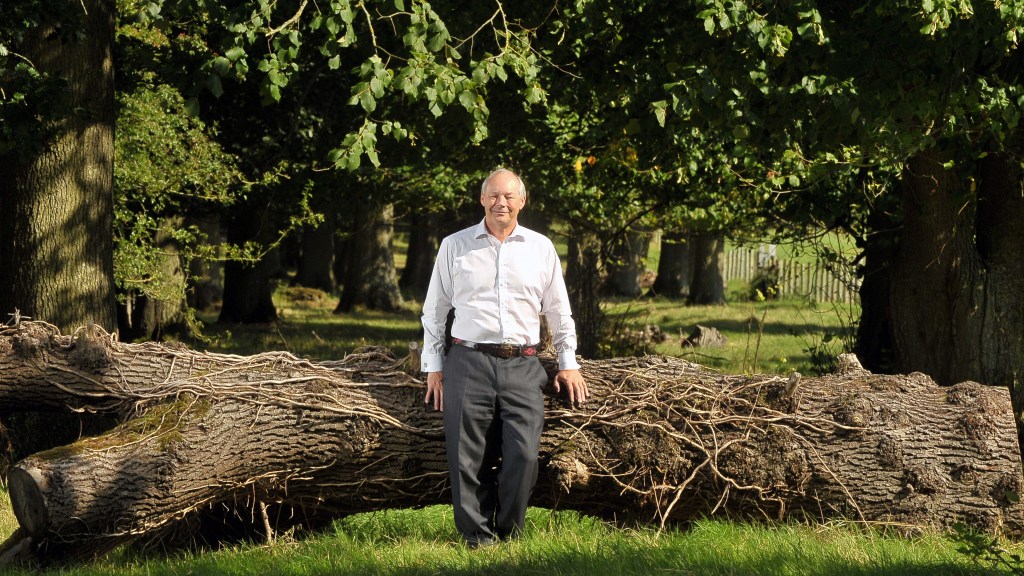
Post Comment